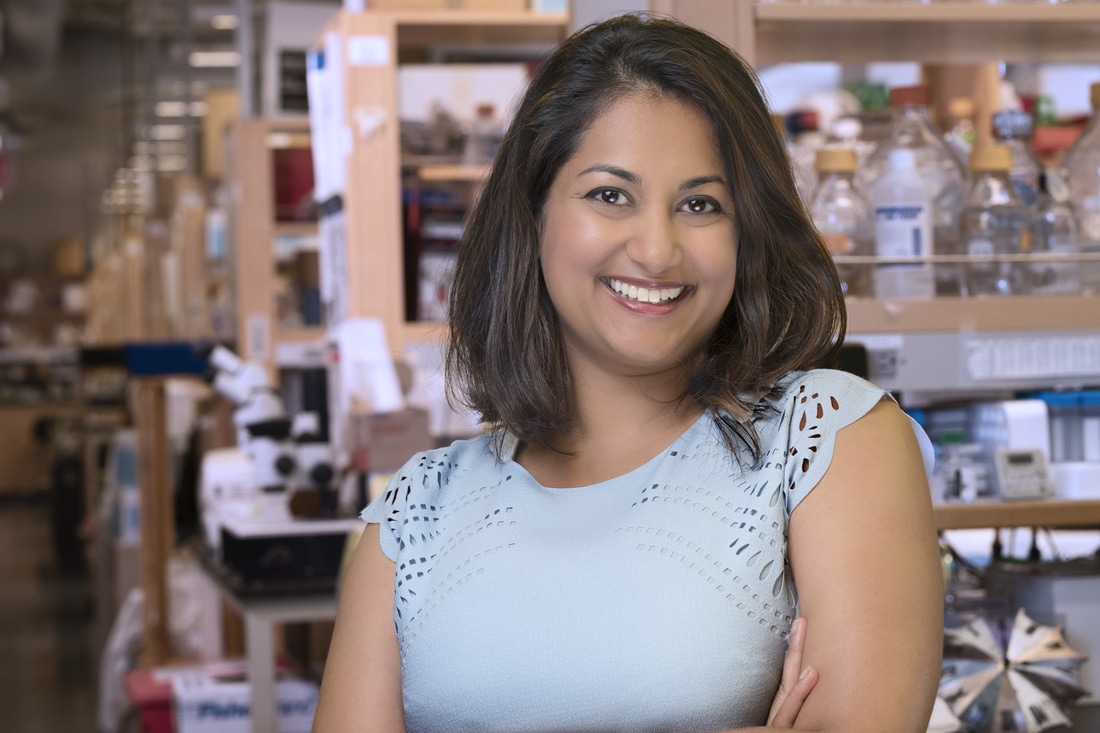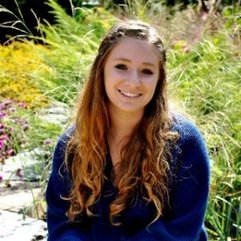|
By Emily Davidson
Lab-grown meat, also known as cultured meat or clean meat, is beginning to transform our global food system. This revolutionary technology takes animal cells and cultivates them outside of the animal. Removing the requirements of raising and processing animals aims to bring the consumer a safe, high-quality meat while also solving problems of environmental degradation, global poverty, animal welfare, and human health. So what experience is required to land a job in a research sector so sparkling new it depends on constantly evolving techniques and skillsets? I had the opportunity to ask these and other questions during an interview with Rachel Valenzuela, cell line engineer at Memphis Meats, a company leading the innovation of cultured meat. Rachel spoke about what it’s like to work in the food tech industry and her advice for future women scientists:
0 Comments
By Robbin Koenig
You are building a website for your lab, new start-up, a personal CV for prospective employers/graduate school, or to educate the public about your passion for specific issues in science. Perhaps, you are considering creating a digital product. How do you get started?
By Poornima Peiris
Sara Laschever, the keynote speaker at this year’s Scientista Symposium, gave Scientistas the facts behind the art of negotiating and why men always have an upper hand when it comes to self-advocacy. 6/8/2018 1 Comment Academia, it’s not you…
By Anna Groves
It's me. Actually, it's the research. I have known I would leave academia since Monday, February 25, 2013. It was my first year of grad school. A professor in my department’s wife had had a baby the day before, on Sunday. On Monday he came into work like it was a normal day.
By Robbin Koenig
Dr. Shruti Naik is an immunologist and postdoctorate researcher at the Fuchs lab at Rockefeller University. She is one of the five recipients of the 2016 L’Oreal USA for Women in Science Fellowship. As a major advocate for women in STEM careers, Dr. Naik was a featured speaker at the 2017 Scientista Symposium. Dr. Naik’s work focuses on combating inflammatory skin disorders, such as psoriasis and eczema, with adult stem cell treatments. Her research will ultimately contribute to a new approach for treatment. She describes her research in the following question and answer dialog.
By Robbin Koenig
Heather Shapiro was a featured speaker at the 2017 Scientista Symposium. She has a B.S. from Duke University in Statistical Science and Computer Science. Currently, Heather is a technical evangelist at Microsoft Corp. in New York City, working with the software development community. A brief Q & A reveals that Heather is far from the stereotypical “geek.”
By Robbin Koenig
Do you have a flair for graphics and design? Do you have a gift for the printed word? Are you interested in a career path that requires strengths in both right brain and left brain functions?
By Lidiya Angelova
I’ve been fortunate in that I’ve had the opportunity to meet scientists from all parts of the world, and I’ve made a few observations: people from the US and Asia tend not to spend much time on communicating during coffee and lunch breaks; but Africans, Australians and South Americans are more like the Europeans, who treat meals more socially.
By Lauren Koenig
It often seems there’s no longer any traditional path for pursuing a career outside medicine or law. The average individual is expected to hold about 12 jobs before the age of 48, and this number is drastically rising as job and tenure prospects change. |
CONNECT WITH USSUBSCRIBE |
The Scientista Foundation, Inc. All Rights Reserved © 2011-2021 | Based in NY | [email protected]
The Network for Pre-Professional Women in Science and Engineering
The Scientista Foundation is a registered 501(c)(3) -- Donate!
The Network for Pre-Professional Women in Science and Engineering
The Scientista Foundation is a registered 501(c)(3) -- Donate!





 RSS Feed
RSS Feed